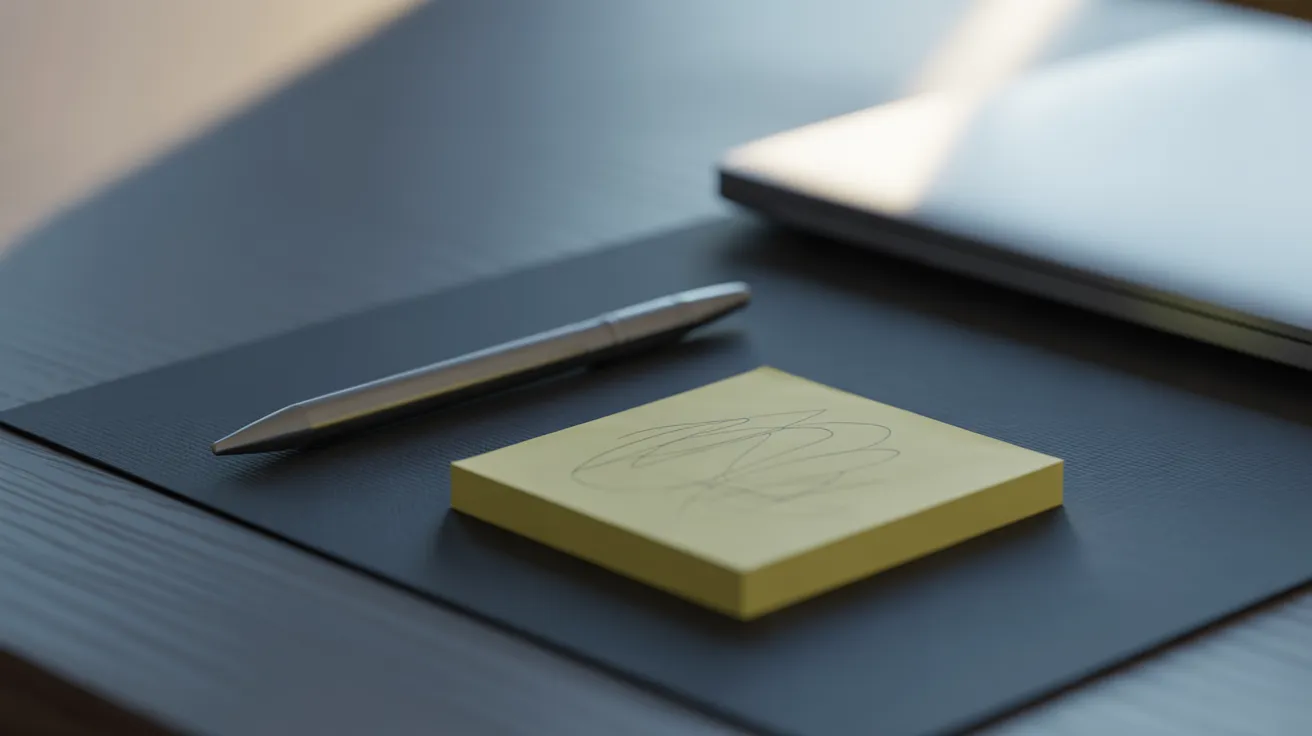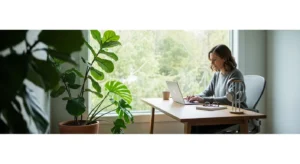
Your 7-Day Focus Challenge
You’ve learned why it’s so hard to focus and explored a powerful set of tools and rituals to reclaim your attention. But knowledge without action is just trivia. The only way to see if this works is to try it. I invite you to take on a simple, 7-day challenge. This isn’t about perfection; it’s about practice.
For the next seven days, commit to these three actions. They are small, achievable, and designed to give you the biggest return on your attention investment.
1. Define Your “One Thing” Daily. Each morning, before you look at your phone or computer, take just two minutes. Identify the single most important task that, if completed, would make your day a success. Write it on a physical sticky note and put it where you can see it. This is your anchor for the day.
2. Practice Two “Focus Blocks.” Schedule two 45-minute blocks in your calendar for focused work on your “one thing.” During these blocks, put your phone out of sight and turn off all notifications. When the 45 minutes are up, take a 5-minute screen-free break. That’s it. Just two blocks per day.
3. Implement a 5-Minute Shutdown. At the end of your workday, before you close your laptop, take five minutes. Tidy your desk and write down your plan for tomorrow. Then, close your computer and consciously say to yourself, “The workday is now over.”
That is your entire challenge. It is a gentle introduction to working with your brain instead of against it. Pay attention to how you feel at the end of each day. Do you feel a little less scattered? A little more in control? That feeling is the beginning of a profound shift.
Your attention is your most precious resource. It is the currency with which you experience your life and create your work. Protecting it isn’t a luxury; it’s the foundation of a meaningful existence. Start small, be kind to yourself, and begin the rewarding practice of reclaiming your focus, one day at a time. For more information on cognitive science, you can visit the American Psychological Association or the National Institutes of Health.
Disclaimer: The information provided in this article is for informational purposes only and is not intended to be a substitute for professional medical or psychological advice, diagnosis, or treatment. Always seek the advice of your physician or other qualified health provider with any questions you may have regarding a medical condition.




